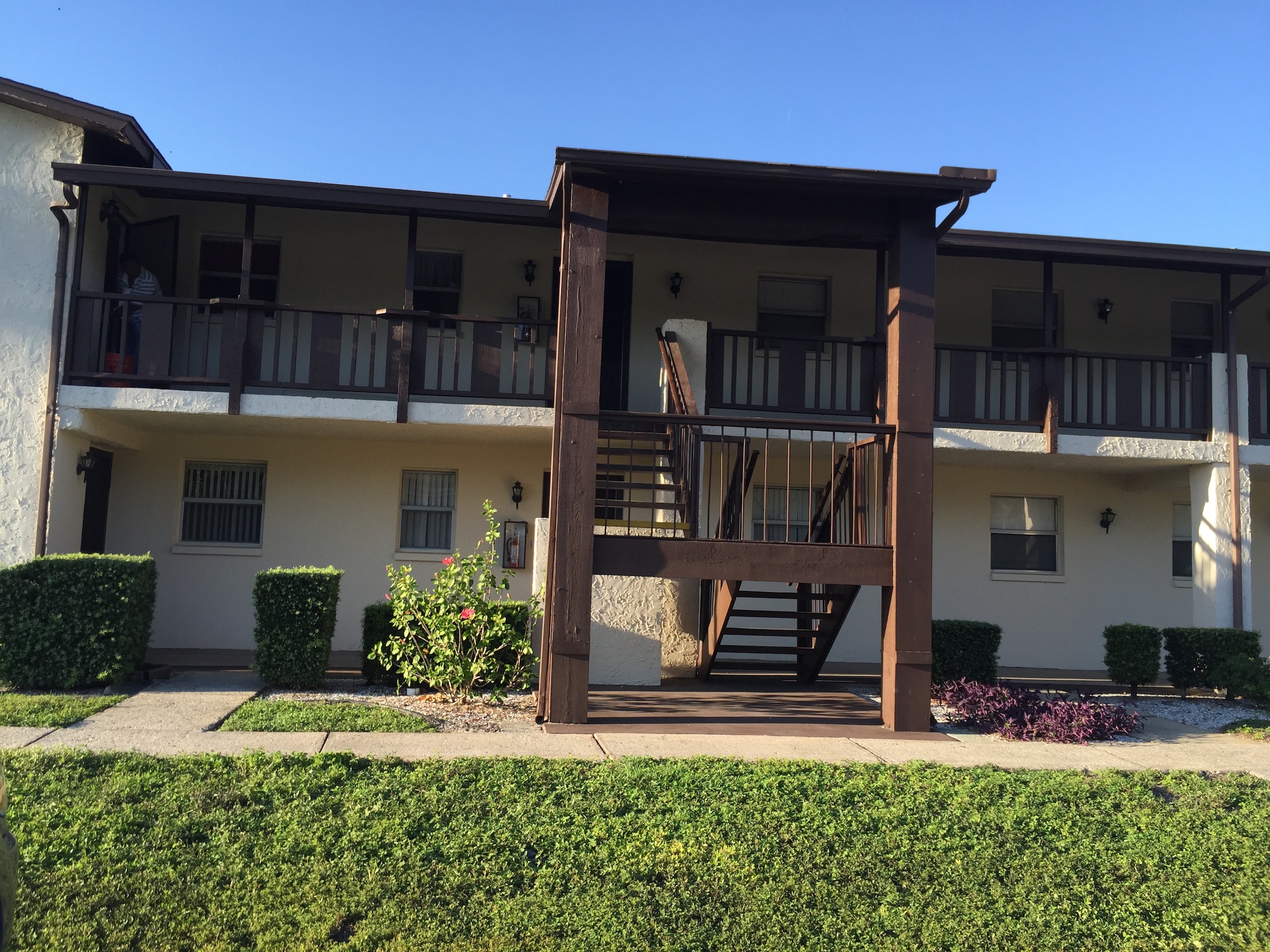
Gauge Your Homeownership Readiness
Despite the fun of house hunting, it’s important to consider whether you are actually ready to own a home. Needless to say, owning a home is a long-term investment. Though you’re probably aware that over time, home ownership makes more sense than renting.
Besides being financially prepared, housing experts suggest you should plan to stay in your home for at least five years—that way you have a chance to start paying down your principal balance and reap the financial benefits of homeownership (such as earning home equity).
When deciding if you’re ready for homeownership, there are a few questions you should ask yourself:
- Am I ready to commit to living in a single location for at least five years?
- Am I up to the tasks of regular house and property maintenance?
- Do I plan to maintain or grow my income level for the foreseeable future?
If you answered “yes” to each of the questions above, then you can move on to this final question to be sure you’re ready for owning a home:
- Am I financially ready for the responsibility of a mortgage, including monthly payments, insurance and taxes?
This is a complicated question, and one you should carefully consider before deciding to apply for a loan. Some of the major financial factors involved in obtaining a mortgage for the first time include:
- Credit Score
- Available funds for a down payment and the closing costs for your loan
- Proof of income
- Affordability of mortgage payment
- Types of mortgages you may qualify for
How Your Credit Score Affects a Mortgage
One of the biggest mistakes first-time borrowers make is failing to understand their credit standing. Before applying for a mortgage, it’s vital to thoroughly review your credit report from one of the three major credit bureaus, and resolve any errors that may appear. You’re entitled to one free copy of your credit report every 12 months from each of the three nationwide credit reporting companies. Order online from annualcreditreport.com, the only authorized website for free credit reports, according to the FTC.
A stronger credit history will generally get you more favorable terms, and a lower interest rate on your mortgage. The general best practice is for future homebuyers to make timely payments on bills, credit cards and loans for at least one year and up to three years before diving into a mortgage.
Depending on the lender, the minimum credit score requirements for loan qualification are often between 620 and 640. There are lenders that will accept credit scores down to 580. In some circumstances, we may be able to get borrowers with scores down to 500 FICO approved for a home mortgage.


Down Payment Requirements, Closing Costs and Fees
One of the biggest roadblocks people see to homeownership is the requirement for a down payment — but that shouldn’t prevent you from seeking a mortgage. While 20% is frequently quoted as a standard down-payment, there are several programs available that allow lower down payments — as little as 3.5% for FHA loans, 3% for some conventional programs, or even 0% for qualifying service-members through the VA’s home loan program. Speak with a Total Mortgage Lending loan officer to see if you qualify for these loan programs.
In addition to your down payment, you will be responsible for the costs and fees due at closing.
We have programs that allow for gift funds to help with your costs and fees as well as down payment assistance. While this number depends on your home loan’s rate and terms, experts estimate that closing costs typically range from 2-5% of the total mortgage. So, if you take out a mortgage for $150,000 you’ll have to pay roughly $3,700 in closing fees, although they could be more if you pay points to buy down your rate. In some cases, you can roll your closing costs into the final loan amount to reduce the cash needed at closing.
Please call to find out more about Down Payment Assistance Programs. Each Program requires Qualifications. Some Assistance Programs do require repayment of funds received. There are a hand full of Assistance Programs that are Grants and do not require you to pay them back. The Majority however do require you to pay them back, even if payments are deferred.
We also have down Payment Assistance Programs Specifically for Veterans, First Responders and more.
Mortgage Application Documentation Requirements
We will want to ensure that you can afford the loan you’re applying for. That being said, sometimes first-time homebuyers often delay approval by failing to gather the required financial documents ahead of applying for the mortgage. To prepare for the application process, be sure to obtain the following documents:
- A full month of paystubs
- Tax returns, W-2s, and/or 1099s
- A list of current debts, such as car loans, etc.
- Your current bank statements
